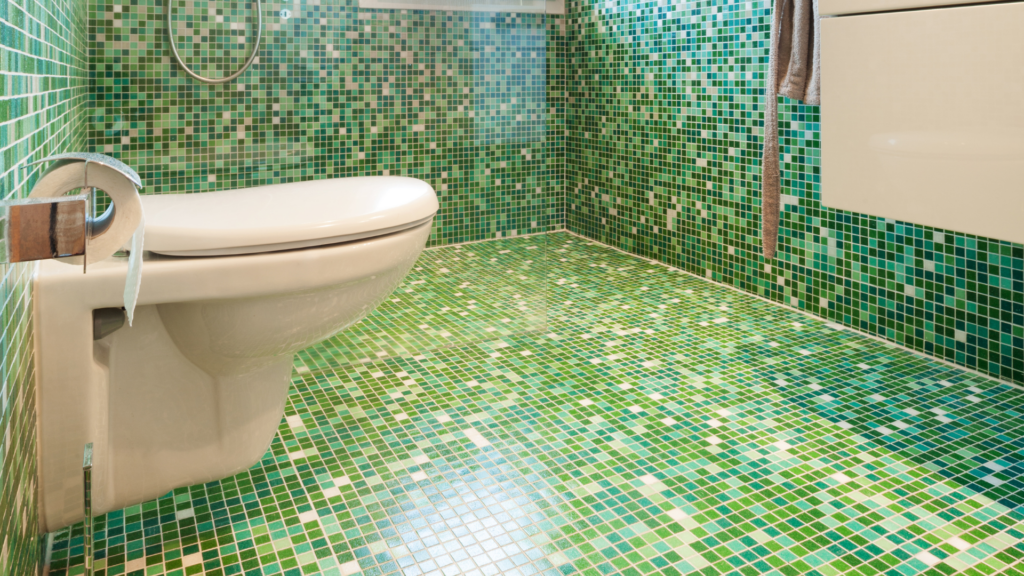Green Plumbing Solutions: Saving Water and Money

In an era of environmental awareness and rising utility costs, green plumbing solutions offer a win-win opportunity for homeowners. In this extended blog, we’ll delve deeper into eco-friendly plumbing options that help save water and money while reducing your environmental footprint.
Green Plumbing Solutions:
- Low-Flow Fixtures: When it comes to bathroom and kitchen fixtures, low-flow is the way to go. These fixtures are designed to use significantly less water without sacrificing performance. Look for fixtures with the WaterSense label, which signifies water efficiency.
- Tankless Water Heaters: Traditional water heaters with tanks constantly heat and store water, leading to energy waste. Tankless water heaters, on the other hand, provide hot water on demand, reducing energy consumption and water wastage.
- Greywater Systems: Greywater refers to gently used water from sinks, showers, and bathtubs. Installing greywater systems allows you to reuse this water for non-potable purposes like irrigation, which significantly reduces water usage.
- Rainwater Harvesting: Collecting rainwater from your roof and gutters in a storage tank is an excellent way to reduce reliance on potable water for outdoor use. It’s especially useful for gardening and landscaping.
- Leak Detection Systems: Invest in smart leak detection systems that notify you of leaks in real-time. By addressing leaks promptly, you not only prevent water waste but also avoid costly water damage.
- Energy-Efficient Appliances: Beyond plumbing fixtures, consider the energy efficiency of appliances like washing machines and dishwashers. Energy-efficient models not only use less water but also consume less electricity.
- Insulation: Properly insulating your water pipes can prevent heat loss and reduce the need to run hot water for extended periods, further conserving energy and water.
By adopting these green plumbing solutions, you not only contribute to environmental conservation but also enjoy lower water and energy bills. The long-term benefits of reduced resource consumption and cost savings make these options not just environmentally responsible but financially savvy as well.
